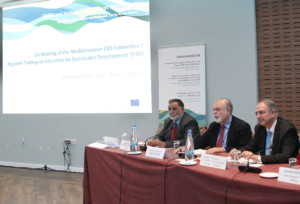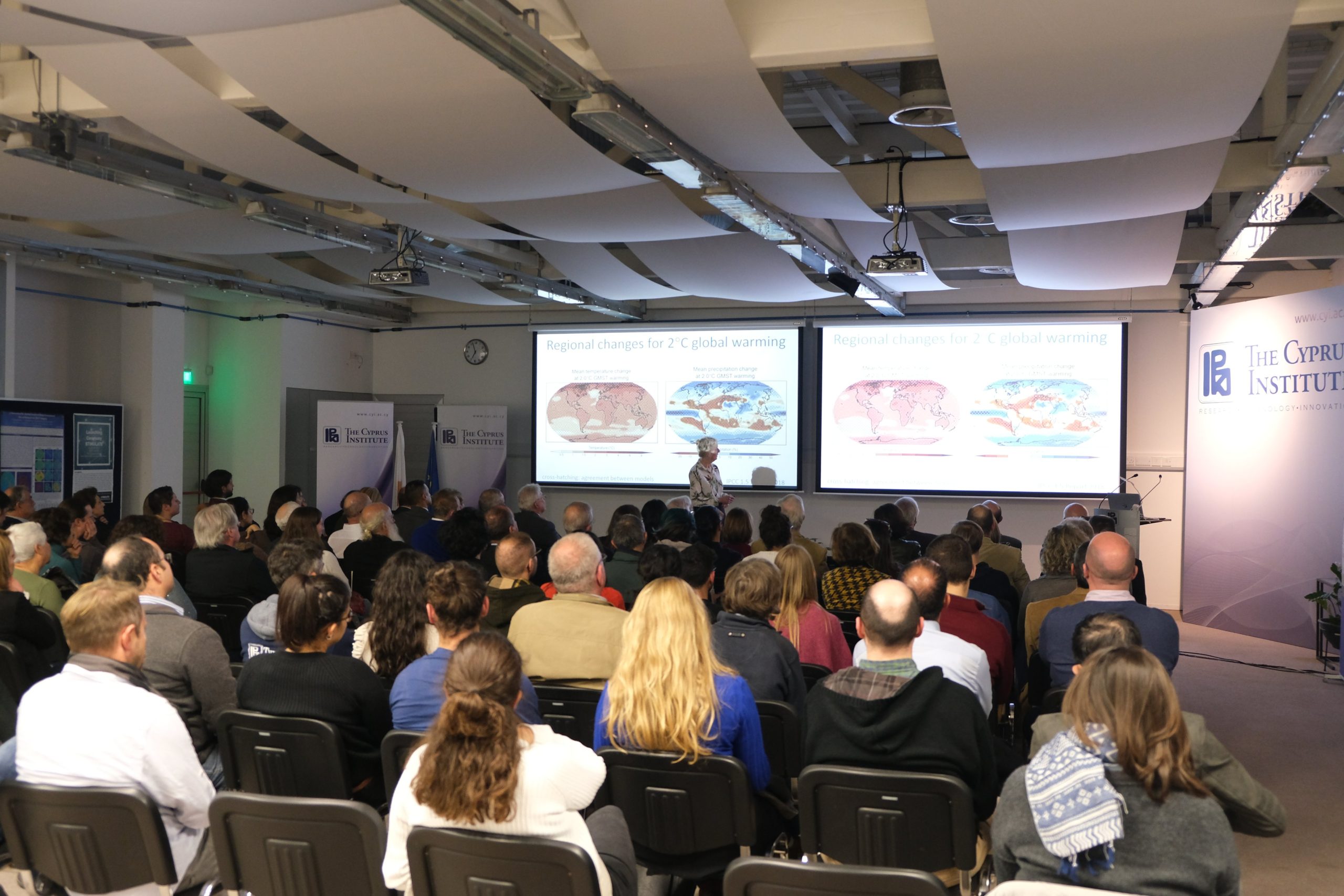Action needs to be taken, in order for the Education for Sustainable Development (ESD) to respond to the needs of the international community for social, financial, ecological and political sustainability, Costas Kadis, the Minister of Education and Culture, said on Thursday.
Addressing the 1st Meeting of the Mediterranean ESD Committee, in Nicosia, the Minister also added that this is a priority area for Cyprus.
The meeting, under Cyprus’ chairmanship, was attended by officials form various countries and representatives of international and regional organizations. Participants reviewed, among others, developments regarding the Mediterranean Strategy on ESD and the relevant Action Plan, as well as the progress made so far.
Regarding the meeting, the Minister said that the initiative started at a Ministerial meeting, in Cyprus last December, with the adoption of the Strategic Action Plan for ESD. This plan is now materializing, Kadis added.
He said, moreover, that the Action Plan for the Mediterranean is an important tool to confront the challenges in the region, both on a national level as well as in the framework of a wider Mediterranean partnership.
Despite the progress made, the Mediterranean and the planet continue to face immense pressure, the Minister went on. He underlined that we need to step up efforts for peace, social cohesion, security and justice, to secure human rights and the right of all of us to exist in societies that are governed by the principles of sustainable development.
“A necessary precondition to implement the plan, however, is to commit jointly in this” he noted.
Speaking about Cyprus, Kadis said that ESD a high government priority, which acknowledges that “education in all levels and forms is perhaps the only choice to tutor citizens and have their actions and decisions guided by the principles and values of sustainability”.
Professor Michael Scoullos (SWIM-H2020 SM team leader) spoke about the aims of the plan, noting that greater synergies are required among research initiatives, as well as the support of competent Ministries.
In most countries there is no real strategy on ESD, he said and referred to the need to increase the relevant funding five-fold, in order to implement actions in the coming years.
The first part of Thursday’s meeting was also addressed by representatives of UNESCO, UNECE, the UN Environment Programme, the Union for the Mediterranean and the League of Arab States. The meeting, which wraps up on Friday, is funded by the EU’s Horizon 2020 and is organized by the Ministry of Education of the Republic of Cyprus, with the support of the Mediterranean Action Plan.
The meeting was launched on Wednesday during a session at the House of Representatives, chaired by House Acting President Adamos Adamou. Participants adopted a series of proposals, aiming to promote ESD in the Mediterranean region through formal and non-formal education systems, highlighting, among others, the need to increase funding.



